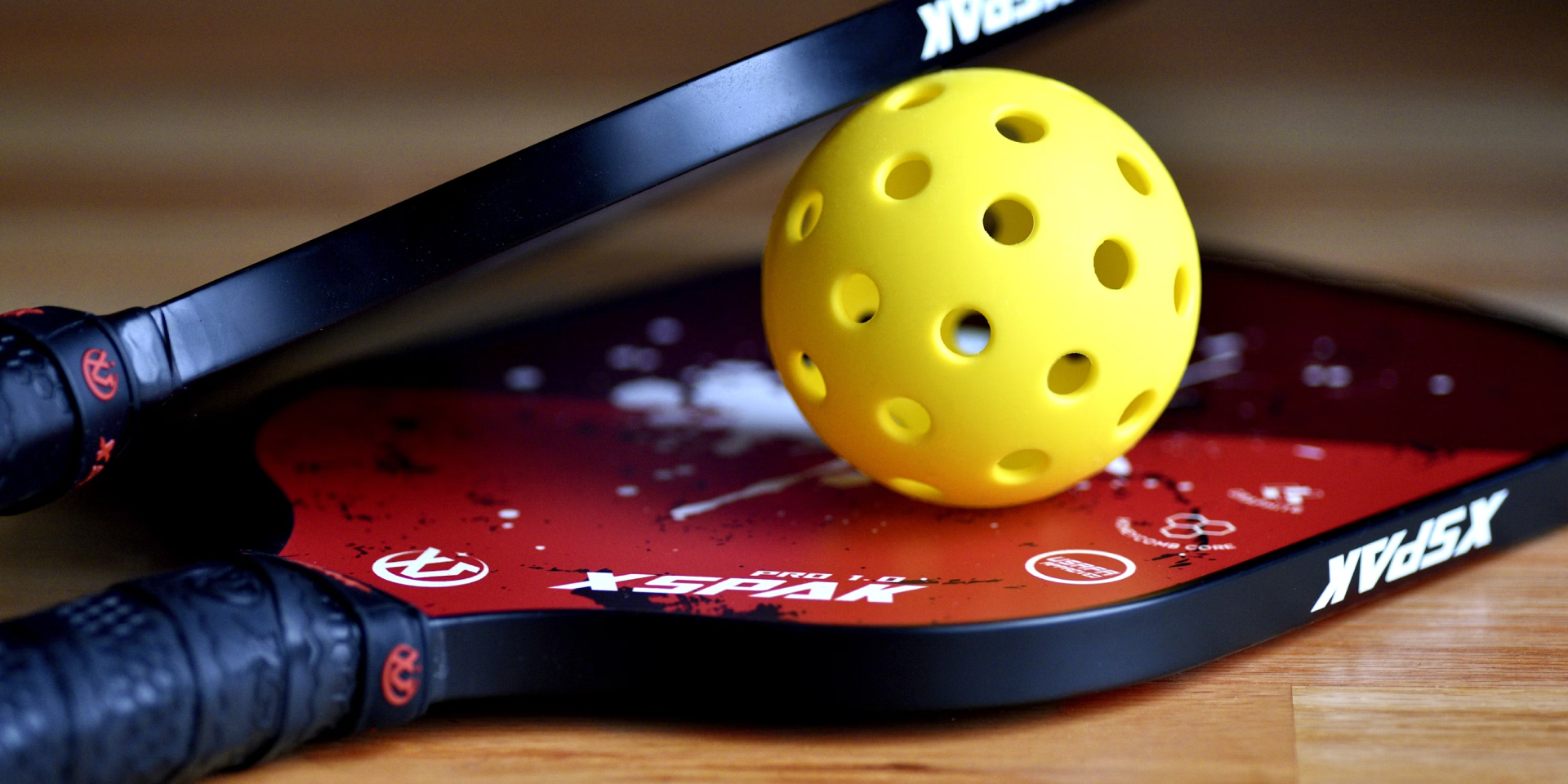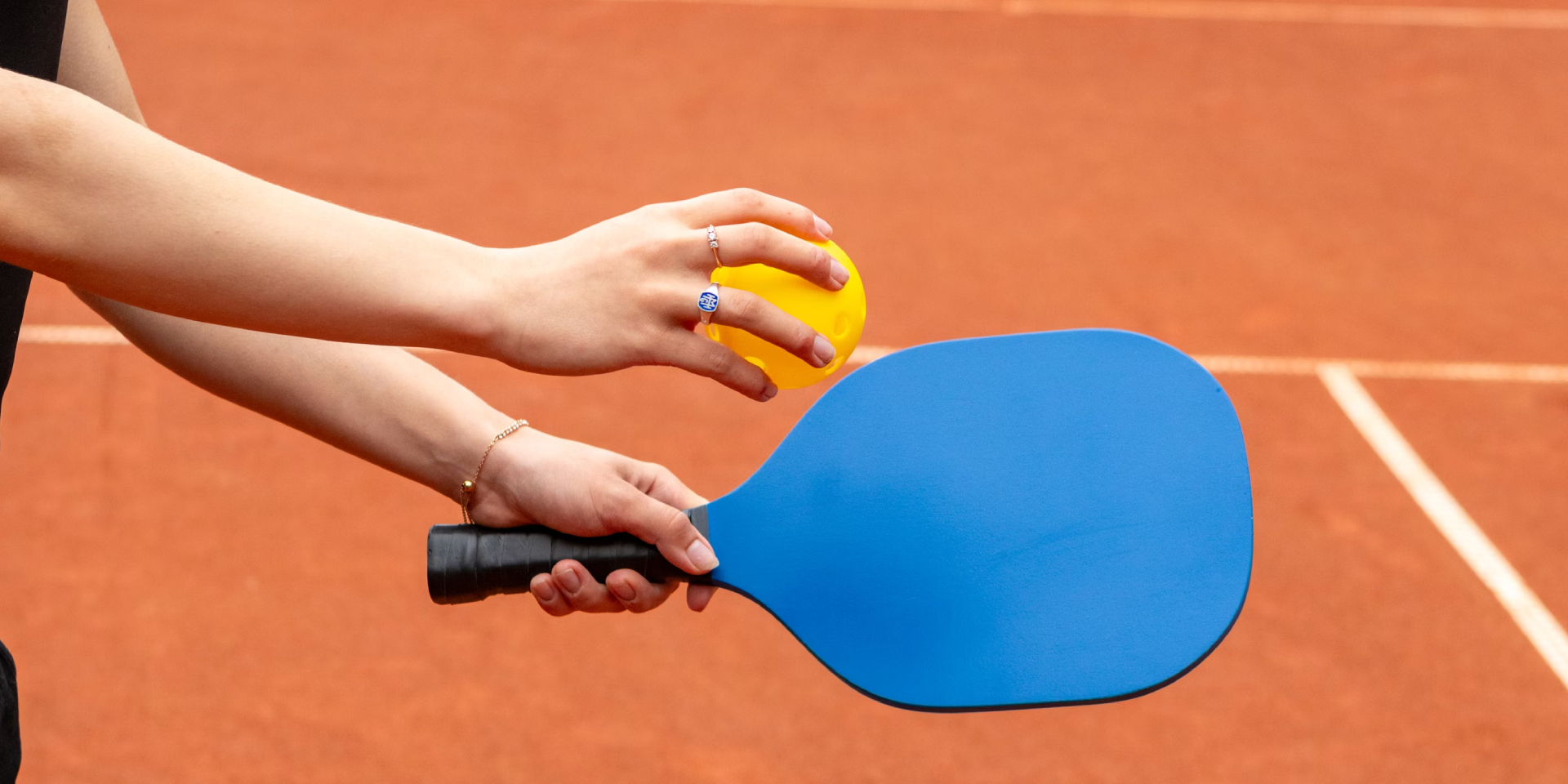
Who Invented Pickleball? The Fascinating Story Behind America’s Fastest-Growing Sport
Pickleball, a sport blending elements of tennis, badminton, and ping pong, has taken the world by storm. Whether played in backyards, community centers, or competitive arenas, its charm lies in its simplicity, accessibility, and fun. But have you ever wondered how this quirky game got its start? Let’s dive into the fascinating history of pickleball and meet the creative minds behind its invention.
The Origins of Pickleball
The story of pickleball begins in the summer of 1965 on Bainbridge Island, Washington. Joel Pritchard, a U.S. congressman, and his friend Bill Bell were looking for a way to entertain their families. Armed with creativity and a badminton court, they embarked on a journey to create a game that everyone could enjoy.
Finding themselves without enough equipment for a proper badminton match, Pritchard and Bell improvised. They used ping pong paddles and a perforated plastic ball to create a game that was easy for players of all ages and skill levels. Over time, they refined the rules and laid the foundation for what we now know as pickleball.
The Role of Barney McCallum
A few weeks later, Pritchard and Bell introduced their friend Barney McCallum to the game. Together, the trio developed official rules and established a unique playing style. Their goal was to create a sport that emphasized strategy and fun over power and athleticism, making it inclusive for everyone.
McCallum’s contribution to standardizing the equipment and formalizing the rules was pivotal. By 1967, the first permanent pickleball court was built, and the game began gaining traction beyond the island.

How Did Pickleball Get Its Name?
The origin of the name “pickleball” has sparked debate. According to Joel Pritchard’s wife, Joan, the name was inspired by the “pickle boat,” a term from rowing that describes a boat made up of leftover oarsmen from other teams. She felt the mix of sports that influenced pickleball mirrored this concept.
However, another popular theory is that the game was named after the Pritchard family’s dog, Pickles, who reportedly loved chasing the ball during games. While the latter explanation adds a playful twist, most historians lean towards the “pickle boat” story as the official origin.
Pickleball’s Rise to Popularity
What started as a casual family pastime soon grew into a nationwide phenomenon. In the 1970s, the first pickleball tournaments were held, and the sport began to attract serious players. By the 1980s, pickleball had dedicated associations, official rules, and professional equipment.
Fast forward to today, and pickleball is the fastest-growing sport in the United States. It boasts millions of players worldwide and has even gained recognition in schools, recreational centers, and retirement communities. Its low barrier to entry, minimal equipment needs, and inclusive nature have made it a favorite among diverse age groups and skill levels.
Why Pickleball Matters Today
The simplicity and social aspects of pickleball have helped it transcend generations. Whether you’re an avid player or just discovering the game, its charm lies in its ability to bring people together. It’s more than a sport—it’s a shared experience that bridges communities.
Join the Pickleball Revolution
The next time you pick up a paddle, remember the ingenuity of Joel Pritchard, Bill Bell, and Barney McCallum. From a makeshift backyard game to a global phenomenon, pickleball’s journey is a testament to the power of creativity and connection. Ready to play? Grab a paddle, head to a court, and be part of the sport that’s taking the world by storm!
Frequently Asked Questions
1. Who invented pickleball?
Pickleball was invented in 1965 by Joel Pritchard, Bill Bell, and Barney McCallum on Bainbridge Island, Washington.
2. Why is it called pickleball?
The name either comes from the “pickle boat” in rowing or the Pritchard family’s dog, Pickles. The exact origin remains a subject of debate.
3. Why is pickleball so popular?
Pickleball is easy to learn, suitable for all ages, and encourages social interaction, making it an appealing activity for many.